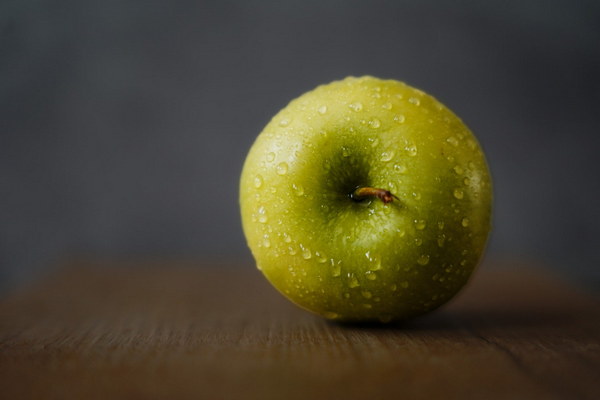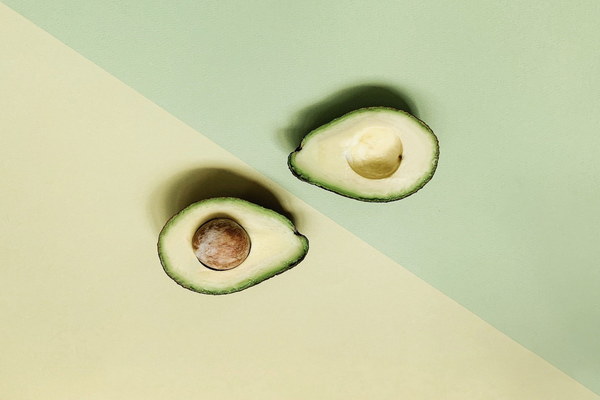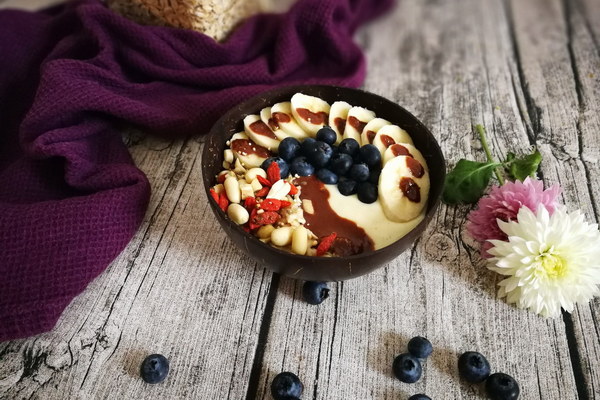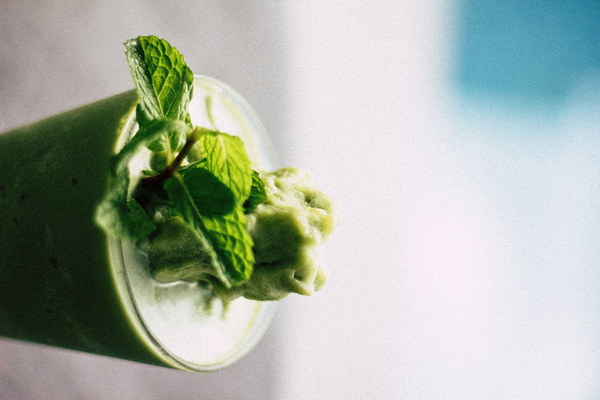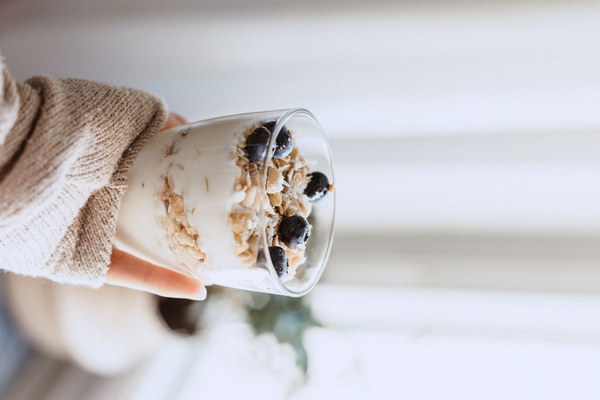Nourishing Your Mind A Guide to Antidepressant Foods and Natural Remedies
In the quest for mental well-being, many turn to traditional medicine and psychiatric treatments. However, there's a growing trend towards embracing natural remedies, including dietary adjustments, to combat depression. Known as antidepressant foods, these are foods that have been shown to have mood-enhancing properties and can complement or even substitute for certain antidepressant medications. Here's a comprehensive guide to incorporating these nutritious options into your diet for a healthier mind.
The Science Behind Antidepressant Foods
The human brain is a complex organ that relies on various nutrients to function optimally. Certain nutrients have been linked to the production of neurotransmitters, which are chemical messengers that play a crucial role in mood regulation. By including foods rich in these nutrients, you can potentially improve your mood and reduce symptoms of depression.
1. Omega-3 Fatty Acids
Omega-3 fatty acids, found in fatty fish like salmon, mackerel, and sardines, are known for their anti-inflammatory properties. They have been shown to play a vital role in maintaining brain health and can help alleviate depression symptoms. Studies suggest that a deficiency in omega-3s may contribute to mood disorders.
2. Vitamin D
Vitamin D is often referred to as the sunshine vitamin because our skin produces it when exposed to sunlight. However, many people are deficient in this vitamin, especially those living in regions with limited sunlight. Vitamin D deficiency has been linked to an increased risk of depression. Foods rich in vitamin D include fatty fish, egg yolks, and fortified foods such as milk and orange juice.
3. Folate
Folate, also known as vitamin B9, is essential for the production of serotonin, a neurotransmitter that contributes to feelings of happiness and well-being. Foods high in folate include leafy green vegetables, legumes, oranges, and whole grains. Ensuring an adequate folate intake can help prevent serotonin deficiency, which is often associated with depression.
4. Iron
Iron deficiency can lead to anemia, which can cause fatigue and weakness, contributing to feelings of depression. Foods rich in iron include red meat, poultry, fish, beans, lentils, and fortified cereals. Including these in your diet can help maintain healthy levels of iron and support overall mental health.
5. Selenium
Selenium is a trace mineral that plays a role in the production of neurotransmitters and the regulation of thyroid hormones, both of which can impact mood. Brazil nuts are the best dietary source of selenium, with just one nut providing more than the daily recommended intake. Other selenium-rich foods include seafood, meat, and whole grains.
Incorporating Antidepressant Foods into Your Diet
Now that you're aware of the nutritional benefits of antidepressant foods, how can you incorporate them into your daily meals? Here are some tips:
- Fatty Fish: Aim to eat fatty fish at least twice a week. You can grill, bake, or poach them to retain their health benefits.
- Green Vegetables: Include a variety of leafy greens, like spinach, kale, and Swiss chard, in your salads, sandwiches, and smoothies.
- Fortified Foods: Choose fortified cereals, milk, and orange juice to boost your vitamin D and B vitamin intake.

- Legumes and Beans: Add lentils, chickpeas, and black beans to soups, salads, and stews for a protein and iron-rich meal.
- Nuts and Seeds: Snack on a handful of almonds, walnuts, or chia seeds for a selenium and omega-3 fatty acid boost.
Complementary Natural Remedies
While antidepressant foods can be a valuable part of your mental health regimen, they should not replace professional medical advice and treatment. Complementary natural remedies, such as regular exercise, meditation, and adequate sleep, can also support your mental well-being.
In conclusion, the road to mental health is multifaceted, and incorporating antidepressant foods into your diet can be a powerful tool in your arsenal. By nourishing your body with the right nutrients, you can potentially improve your mood and reduce symptoms of depression. Remember, it's always best to consult with a healthcare professional before making significant changes to your diet or treatment plan.




